We’re just a quarter of the way through 2020 and, CES aside, it’s shaping up to be the year of no tech shows. The spread of coronavirus has...
We’re just a quarter of the way through 2020 and, CES aside, it’s shaping up to be the year of no tech shows. The spread of coronavirus has raised concerns over large-crowd events, and some of the biggest events in tech and gaming have responded by canning major events.
Mobile World Conference’s cancellation tipped the first domino in many that have since fallen, and it’s likely to continue until the spread of COVID-19 is contained.
With E3, Build and now Apple's own WWDC the latest to fall, it's clear that 2020 is going to be a year of disruption in the tech world, and that's going to have an impact on the new devices we'll be able to buy and when.
We've rounded up all the cancellations that have already occurred, and what we're expecting to happen later in the year as we navigate 2020.
MWC
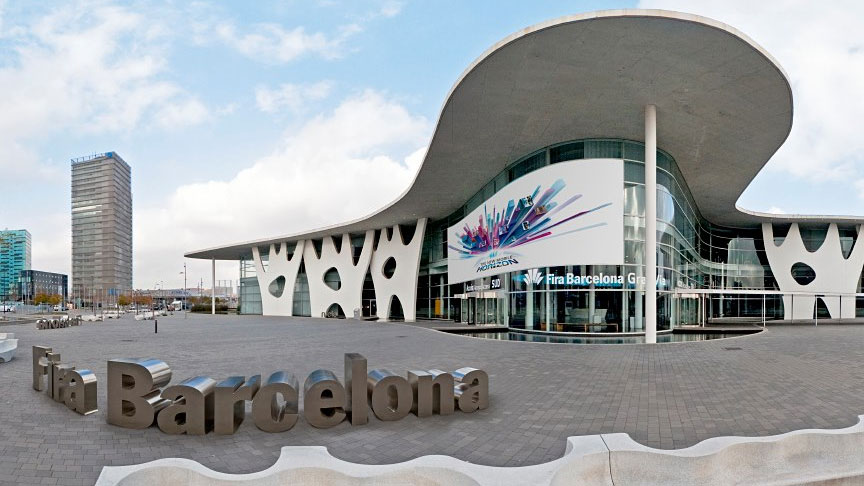
The biggest annual smartphone show was the first to go; on 12 February the GSMA (Global System for Mobile Communication) announced it had canceled Mobile World Congress 2020. The confirmation came after Nokia, LG, Facebook, Sony, and other major names had already pulled out.
The impact: MWC has been a mixed bag of late when it comes to truly groundbreakling phone launches, but this year was set to be a big moment for 5G.
As CCS Insight put it, “the focus would have evolved from far-reaching demonstrations such as flying taxis and remote airships, to more realistic and pragmatic scenarios”. Without that futuristic vision being passed around the industry, it could slow down the impact of new and innovative ways of using 5G we've not yet thought of.
The phone launches themselves haven't been cancelled, as some brands who were lined up for the show still made announcements, just with less fanfare. For example, Sony revealed its new Xperia 1 II flagship with a YouTube presentation and others are lined up to launch later in the year.
Then there’s the economic impact on Barcelona itself. “We’re looking for solidarity and everybody bearing their own costs,” Mats Granryd, director general of the GSMA, told Bloomberg in an interview. “We’re an NGO and we don’t make a profit. We don’t have huge amounts of funds, and all our proceeds are funneled back into the industry.”
Facebook F8

Facebook’s big developer conference was set to kick off May 5 this year. Mark Zuckerberg usually opens F8 with a keynote in which he’ll make some vague, non-commitment to privacy, which will be followed by several announcements about the company’s different products and services.
The impact: Probably not huge for users, but developers won’t get the benefit of face time with the company.
In a statement, Facebook said, “We plan to replace the in-person F8 event with locally hosted events, video and live-streamed content.”
And as for Oculus, the company usually holds its own Connect conference in the fall – and right now we assume that’s still on track.
GDC
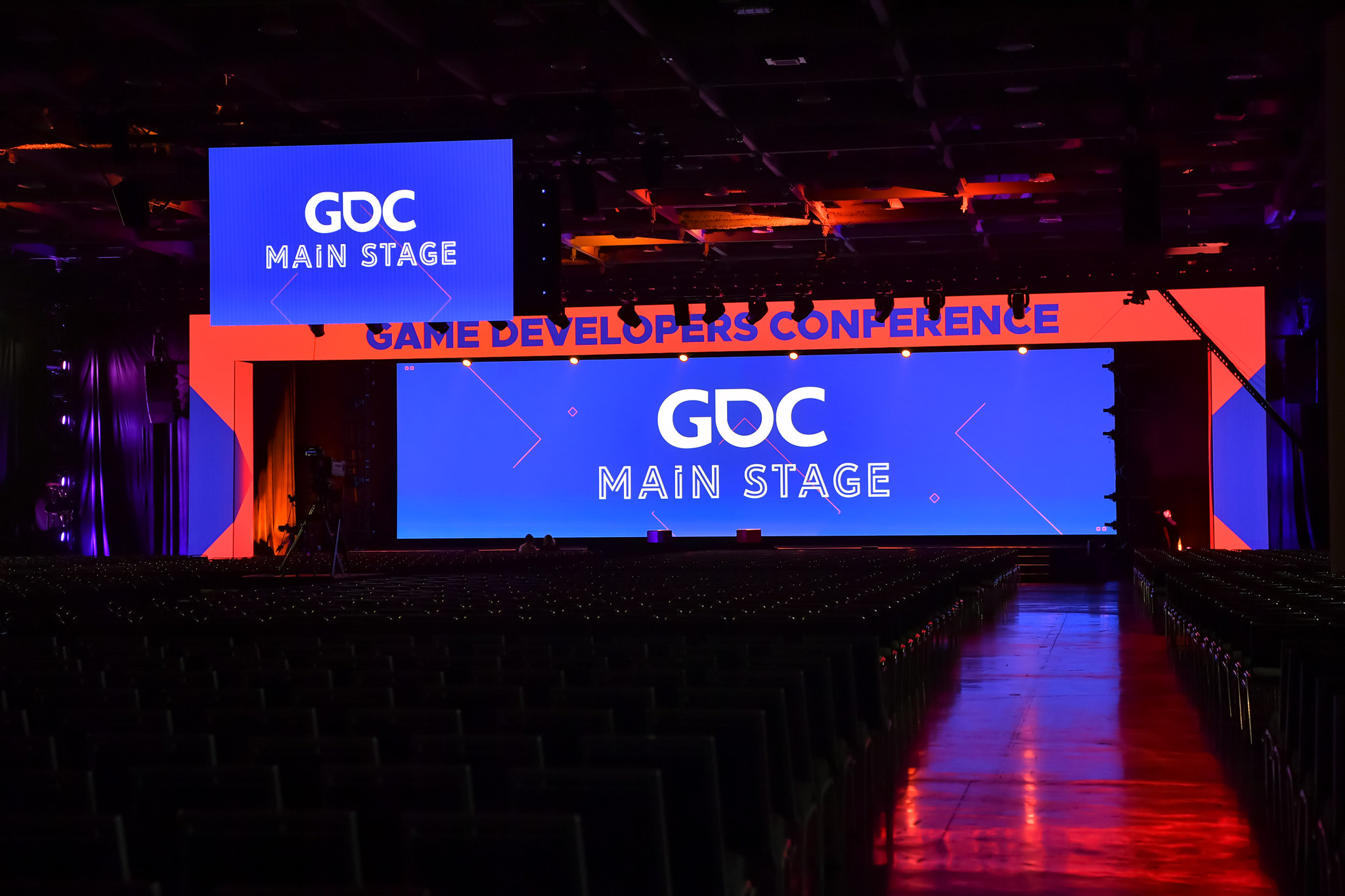
If you’re an independent game dev, the Game Developers Conference, held in February/March each year in San Francisco, is as big as it gets.
E3 might have the spectacle, but it’s GDC where smaller games find a home and hardworking developers get their first big break. It's indefinite cancellation is a big blow for multiple people working in the industry, and will have ramifications later on in development cycles.
“I think the cancellations of both GDC and E3 will have a major impact on the video game industry, but not a lot of it will be public-facing,” Jason Schrier, News Editor at Kotaku, tells TechRadar.
“The companies that planned to announce their games at those shows will still find ways to make announcements.
"What people don't realize is how much happens behind the scenes at both of these events - how many games get signed, how many negotiations get started, how many networking events lead to game deals down the road. I think the repercussions will be severe.”
The impact: Self-publishing is tough, and these smaller developers often have to spend beyond their budget to come to GDC. So there will be an economic hit on many developers who aren’t able to recuperate their costs.
But more important than that, GDC is a place where developers come to meet publishers and demo their games.
Not having the opportunity to make those relationships and, in many cases, find a way to publish their game, has obvious ramifications.
SXSW
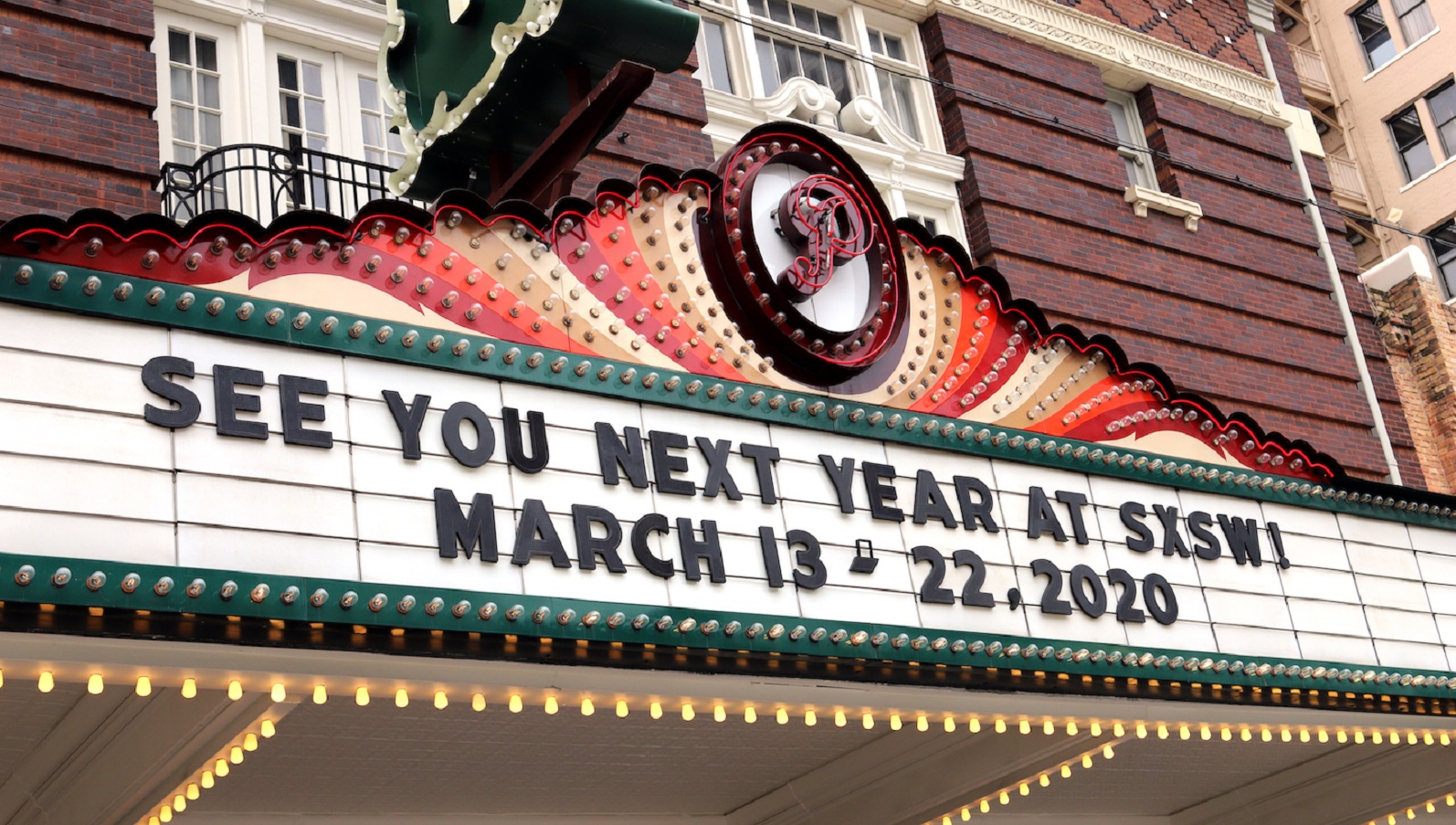
South by Southwest (known to its friends as SXSW or South By) is Austin’s biggest annual event; a huge melting pot of tech, music and film consuming the city for two weeks each March.
After weeks of pressure to cancel the conference, the decision was made by Austin’s mayor Steve Adler who declared a local state of emergency. It came after companies including Facebook, Twitter, Amazon, Netflix and Apple had already pulled out of the conference.
Even Trent Reznor and Ozzy Osbourne had dropped out, and if Osbourne won’t risk it, you should probably pull the plug.
The impact: For larger tech companies like Facebook and Twitter, the ramifications probably won’t be huge; but it’s a different story for smaller companies and artists.
For many indie filmmakers, having a movie premiere at SXSW can launch their career. The cancellation will surely be a setback to many artists who had been given a shot.
There will also be wider implications on Austin itself. SXSW is a major economic driver that attracts hundreds of thousands of attendees each year. Even the local press, who rely on the events of SXSW, will be harmed by the cancellation.
Google I/O
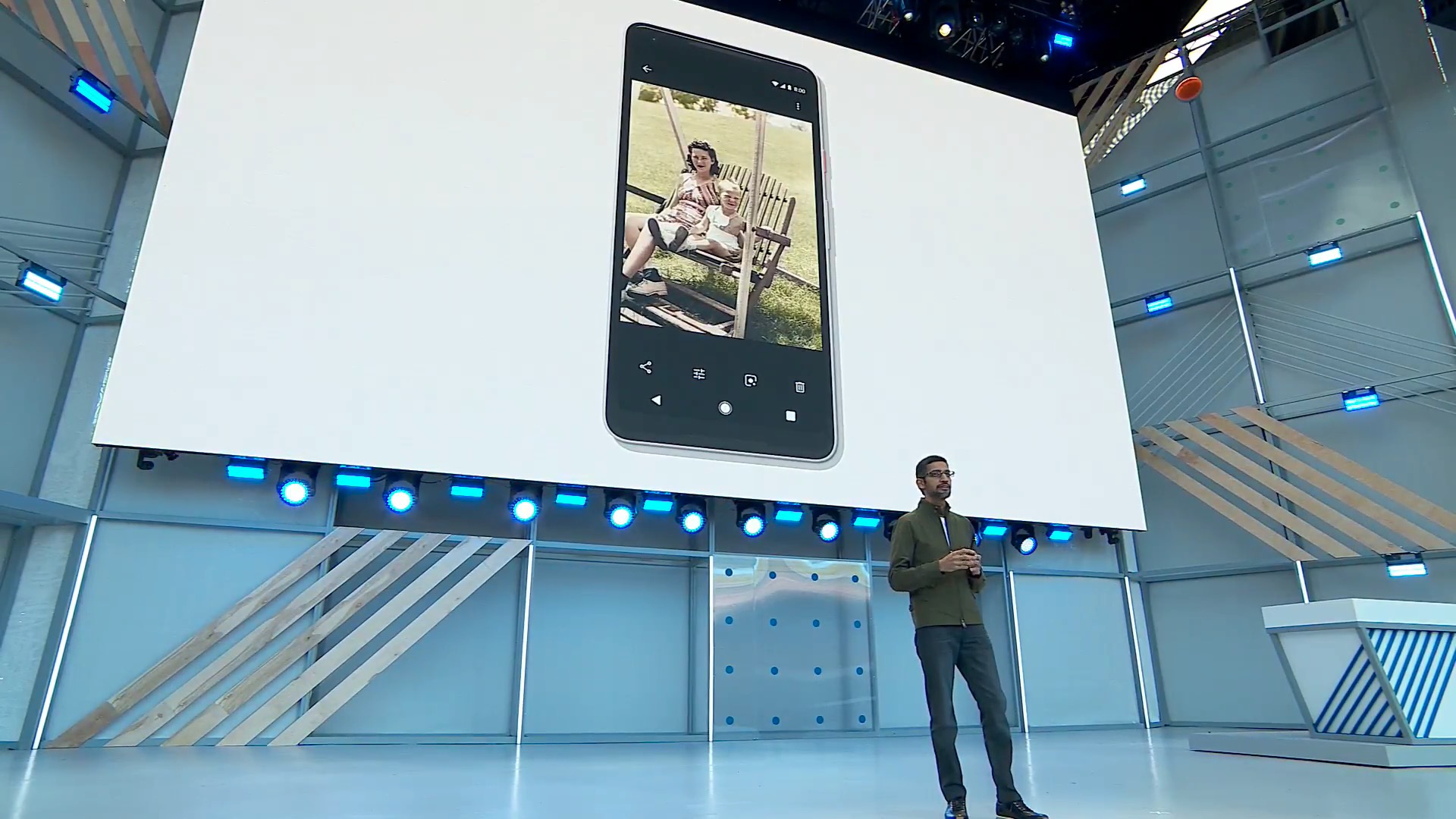
Google’s developer conference, held at its Mountain View headquarters in California, is the company’s biggest public-facing event of the year. It’s essentially what WWDC is to Apple, but still bigger than the company’s Made by Google hardware event held in the fall.
Google I/O 2020 was due to take place May 12-14, but on March 3 the company announced the show wouldn’t go ahead owing to concerns around the coronavirus.
The impact: I/O is where Google announces some of its biggest news to entice both developers and product users.
Previous I/O shows have been live streamed, and given that we expect Google to still make some major announcements around that time – it’s where we expect to learn more about Android 11 – we wouldn’t be surprised to see it deliver some sort of stream.
Like GDC, the biggest impact will be felt by developers who use GDC to network and learn about the nuts and bolts of Google’s plans and products.
There are heaps of talks held throughout the days and attended by developers – that’s where the impact will be felt hardest. However, we're still expecting the launch of the Google Pixel 4a and the new Airpods-rivalling Pixel Buds, providing they're not delayed by production issues (which we've not heard any rumor of just yet).
E3 2020
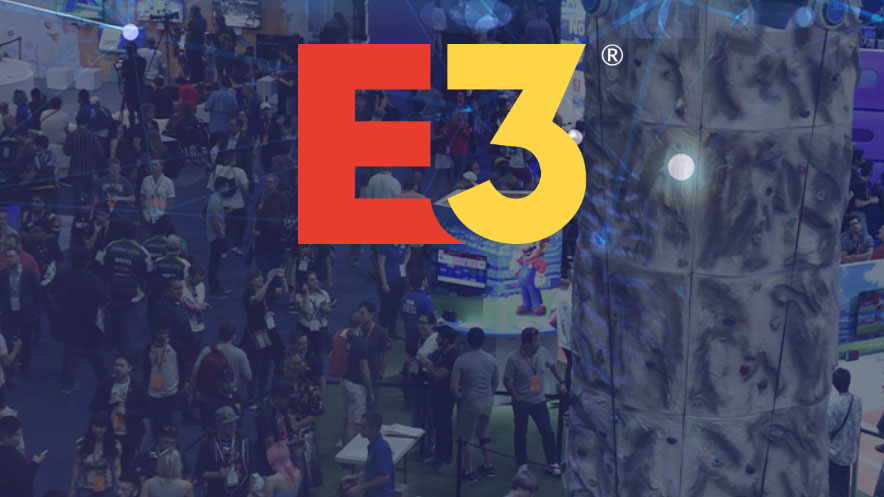
The world’s biggest gaming convention is now officially canceled. Scheduled to take place June 9-11 in Los Angeles, E3 2020 was set for another explosive year, despite dwindling support from major companies.
In a statement, the ESA said it is “exploring options” with its members to coordinate an online experience in June - and that's going to be important for the future of the event.
The impact: The LA convention has been slowly fading in significance. In 2013 Nintendo replaced its press conference with an online presentation, and has continued to do so each year since. In 2019, Sony pulled its presence completely, and had already committed to doing the same in 2020 before E3 was canceled.
Nonetheless, all eyes were on E3 2020 as it would be the last show before the PlayStation 5 and Xbox Series X launch in time for the holidays. Granted, Sony wasn’t set to attend anyway, but we’ve been expecting third-party developers and publishers to announce at the event.
Microsoft will be hit hardest here. It wanted to use E3 to drum up hype and will now host a digital event instead.
So will next year be business as usual? Possibly not. The ESA’s statement closed with an interesting choice of words:
“We thank everyone who shared their views on reimagining E3 this year. We look forward to bringing you E3 2021 as a reimagined event that brings fans, media, and the industry together in a showcase that celebrates the global video game industry.”
A “reimagined event” sounds like this year’s cancellation could have been the last straw, and that next year’s show could look quite different.
Our own Gerald Lynch even believes that this delay could actually be better for developers:
"Recent E3 shows have called the event’s relevancy into doubt. Increasingly, large gaming announcements are made independent of E3, with some companies choosing not to exhibit at the show entirely.
"On the eve of its reveal of the PlayStation 5, Sony stated that it would not be attending E3 2020 (prior to the current health scare), while Nintendo has for years preferred to host its own web stream rather than an E3 conference (though it always has a substantial presence on the show floor). And so, it seems, will everyone else this year."
However, Kotaku’s Jason Schrier believes the impact will be felt hardest among developers who rely on E3 for forming vital connections. “The networking opportunities will be sorely missed and it's hard to measure just how significant the consequences will be,” he says.
Microsoft Build
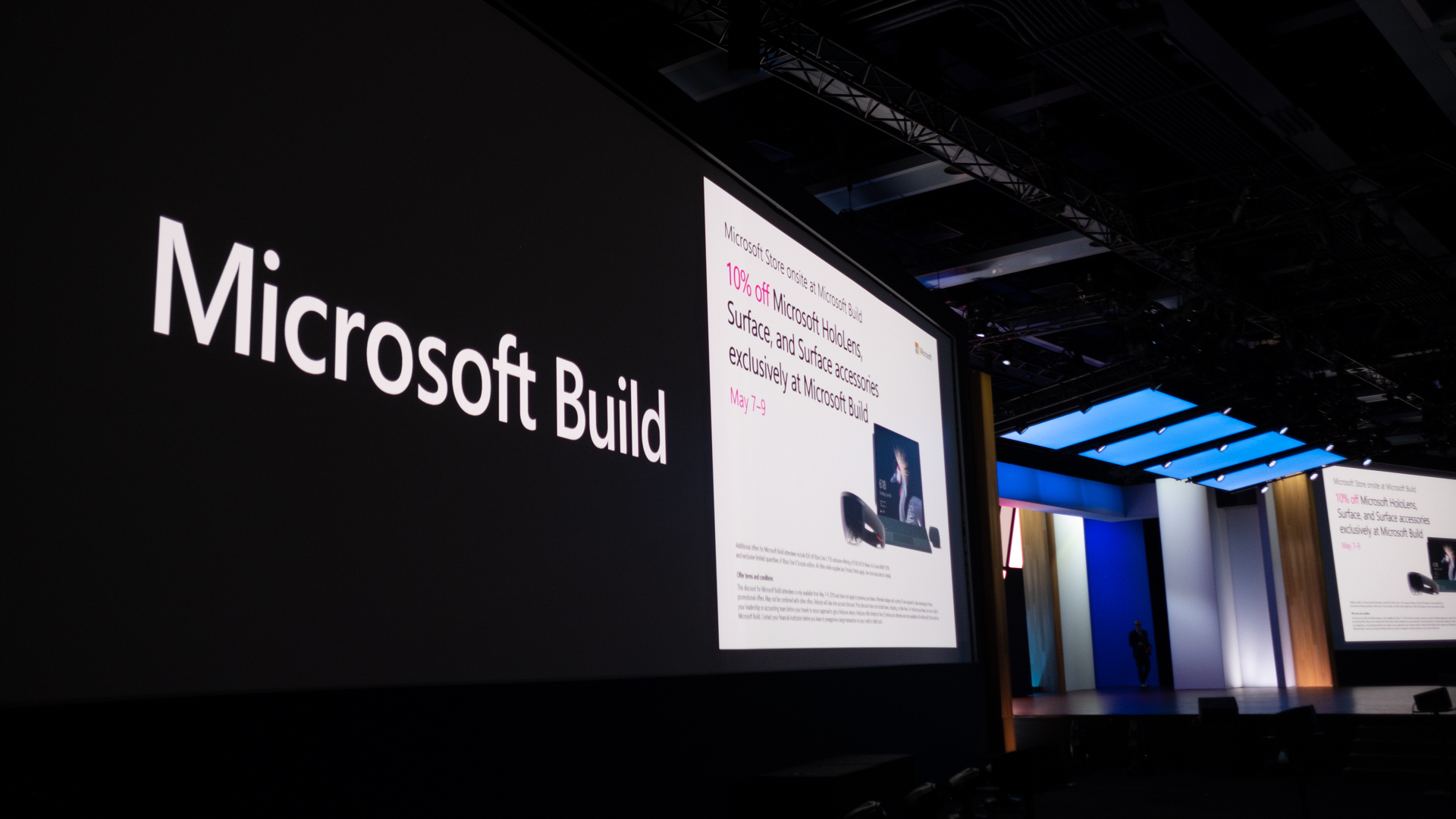
When: 19-21 May
Microsoft Build was set to kick off on May 19 in Seattle, but with the number of coronavirus cases in Washington rising, it’s now gone online only.
In a statement to The Verge, Microsoft wrote: "The safety of our community is a top priority. In light of the health safety recommendations for Washington State, we will deliver our annual Microsoft Build event for developers as a digital event, in lieu of an in-person event.
"We look forward to bringing together our ecosystem of developers in this new virtual format to learn, connect and code together. Stay tuned for more details to come."
The impact: Not devastating to users as there's little hardware announced at this conference, but it will definitely suck for developers.
We were expecting to hear more about platforms that would power things like dual-screen (or even flexible) devices - that will still be given out on the virtual conference but developers will have to wait longer to get direct information and testing with it.
Microsoft Build has become more of a spectacle in recent years, but with around 6,000 developers in attendance it’s a great way to get vital facetime with the company -and other key developers - as they assess how they can interact with the company's new announcements on platform and software.
WWDC 2020
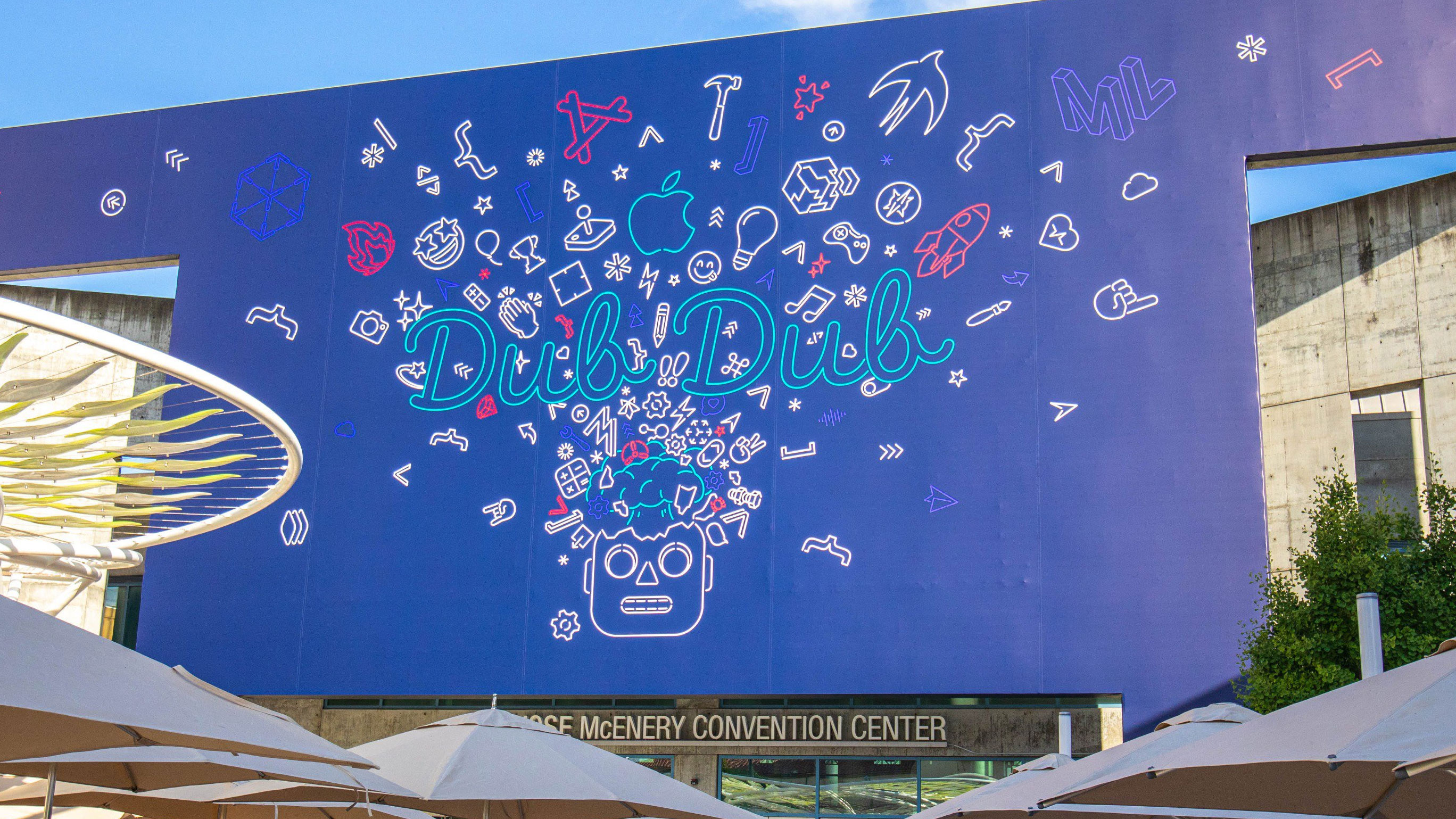
Will we see WWDC 2020?
When: Unconfirmed, but it’s usually the first week of June.
Apple’s developer conference, typically held at the San Jose Convention Center in June, has now moved to an 'online only' show.
Apple announces its shows quite late in the day, which gave the company a little more time to see how the COVID-19 situation plays out.
But with May conferences currently canceling and June creeping up, Apple decided to make sure that flights weren't booked and developers wouldn't be disappointed. And in true Apple style, it decided to barely not to any virus and focus on how positive it was that this 2020 is no longer a physical event:
“We are delivering WWDC 2020 this June in an innovative way to millions of developers around the world, bringing the entire developer community together with a new experience,” said Phil Schiller, Apple’s senior vice president of Worldwide Marketing.
“The current health situation has required that we create a new WWDC 2020 format that delivers a full program with an online keynote and sessions, offering a great learning experience for our entire developer community, all around the world. We will be sharing all of the details in the weeks ahead.”
The impact: WWDC is, obviously, a big show for developers who get the opportunity to speak with engineers at Apple and gain important insights.
But it’s also when Apple unveils the next big updates to its software across its products; this year we’ll get our first look at iOS 14 and watchOS 7.
Although these software updates won’t roll out until the new products launch in September, Apple needs to get developers excited and prepared to build the next wave of software, and that requires teaching and communication.
After all, you want your new iPhone to have working apps, right? While Apple is talking up the online-only platform as 'innovative', not having the opportunity to connect with info directly could still stifle third-party app innovation.
“For me, it’s almost the only opportunity in the year where I dedicate full time to learn and test the new frameworks and tools,” Joaquin Durand, a developer from Houston, Texas, who has attended several past WWDC events.
”Lots of people go there just for networking or go to the labs to speak directly to Apple’s engineers about their projects. For them, not talking about their issues in the labs could be a problem”.
What’s currently still happening
We’re only three months into the year and already a large handful of conferences have been cancelled, while others hang in the balance.
Here are the upcoming tech and gaming events that could feasibly be cut, and what each could mean.
Computex 2020
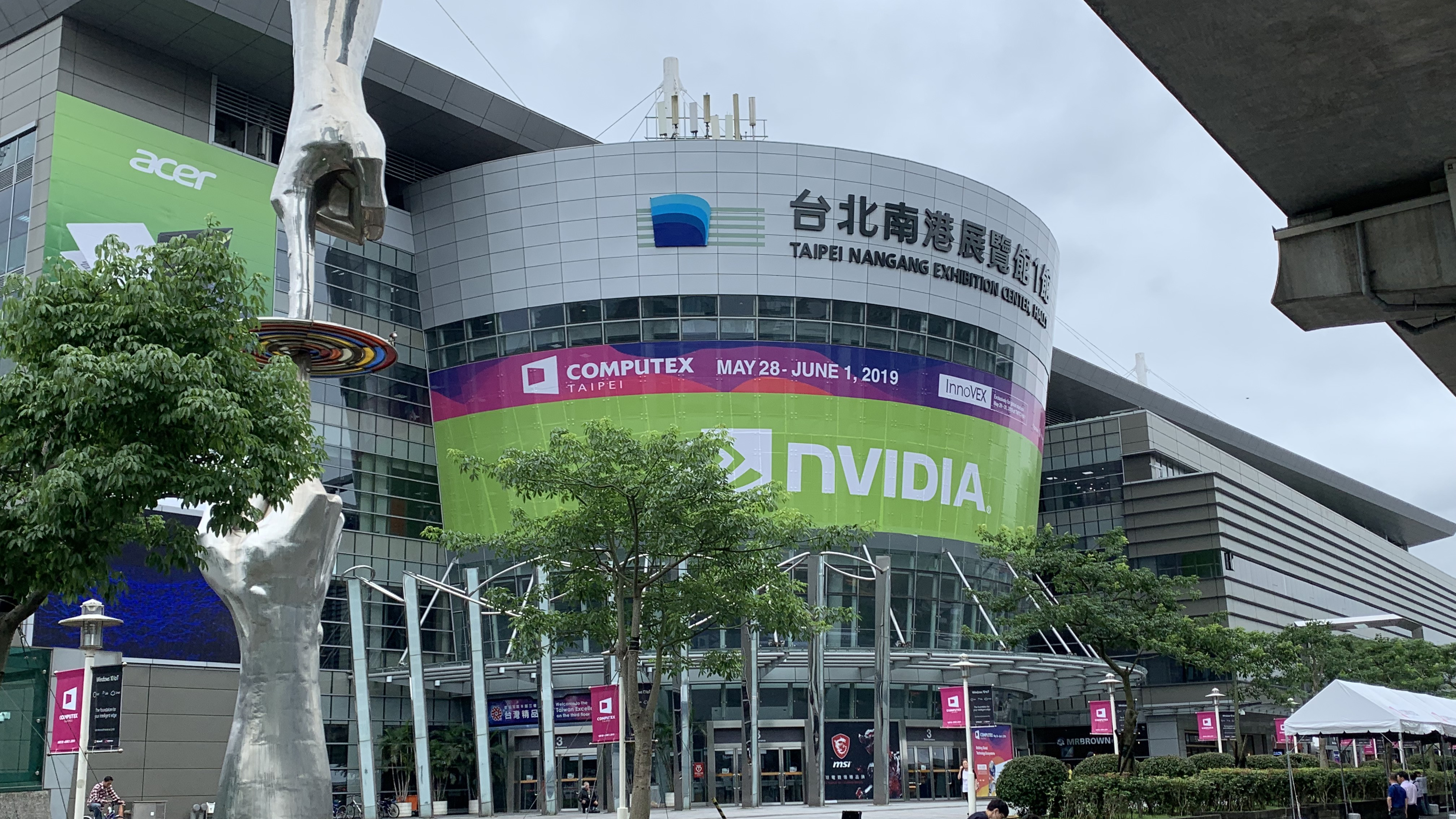
When: 2-6 June
Computex is the biggest show in the computing world every year, with everything from big name manufacturers like Dell and AMD to super niche products and wacky custom PC builds on display.
But beyond the sheer scope of different computing products on display, Computex is historically a show where we see the biggest computing launches of the year. This year we're expecting AMD Ryzen 4000 processors for mobile along with a load of the best Ultrabooks we'll see over the next year or so.
Now, though, we're starting to see a lot of conferences being cancelled, even E3, which is all the way in June, the week after Computex is scheduled to go through. Especially considering that Computex is traditionally held in Taipei, which is just a short plane flight from Wuhan, we could see the show being delayed or cancelled.
However, according to a statement from Walter M.S. Yeh, CEO of TAITRA – the organization behind Computex – Taiwan is perfectly safe, and measures have been put in place across the entire country to make sure both visitors and residents are completely safe.
The impact: Computex is without a doubt the most important show in the computing world, as there are so many smaller manufacturers that are both trying to get their name out there and looking for industry buyers.
If Computex does get pushed back or cancelled, huge manufacturers like AMD, Nvidia, Dell and HP will be fine – they have the resources to make huge launches on their own. But, on the lower end of the industry, it could have a larger impact.
IFA 2020
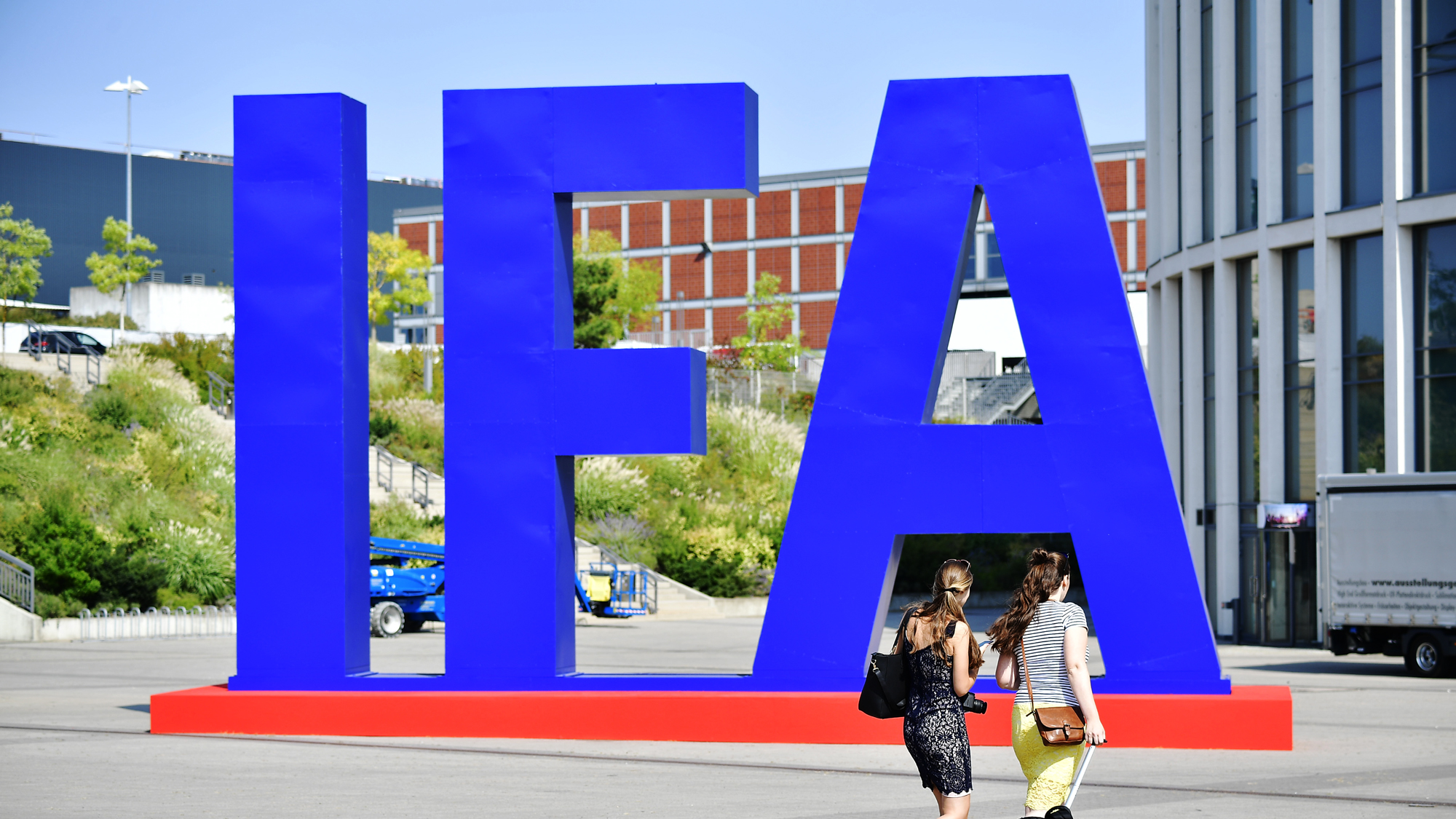
When: 4-9 September
IFA is still arguably Europe’s biggest tech show, and although it’s a few months away, the sheer scale of the Berlin conference means attendees and vendors will need plenty of warning if it’s not going ahead.
As of writing, IFA is still full steam ahead, and with a hugely unclear future in terms of the spread of the virus, it's impossible to say whether events in the summer will still be vulnerable.
The impact: Cancellation of this show could be pretty heavy. Like MWC, IFA is a bit of a mixed bag in terms of importance to the industry. It’s become less relevant over the years as major companies have chosen to make their big announcements outside of the show.
Even Samsung, the usual headline act in Berlin, makes less of a splash at its annual IFA press conference. That is, unless you’re mad about connected fridges, in which case you could be in for a bad September.
The iPhone launch

When: (likely) 8 September
Looking even further ahead, the failure to contain COVID-19 could spell a move for Apple’s hardware event – its biggest of the year. It’s here where the iPhone 12 and Apple Watch 6 will certainly be unveiled, among other things. Again, 5G could play a major role if Apple finally embraces it on the iPhone 12.
The impact: This is a big one, and for reasons different to WWDC. Apple’s fall hardware event has become a product itself, and without an audience of baying fans and tech journalists poised to dry-run its products, it won’t generate the same amount of buzz.
If it is canceled, we expect the company to still livestream the big reveals, while Apple might seed products directly with journalists straight after the event in order to generate those important hands-on previews which drive momentum to the on-sale date.
However, an Apple event is no good without products. Foxconn, Apple’s primary iPhone assembler, had to reduce its output in the wake of the coronavirus outbreak, although at the time of writing has ramped its efforts back up as China slows the spread of COVID-19.
But even if production is running smoothly by the fall, Digitimes reports that Apple’s self-imposed travel restrictions are delaying testing of the new iPhone, which could cause the announcement to be pushed back.
So, what now?
Right now, it’s impossible to calculate the impact these canceled conferences will have; in some cases the ramifications could ripple through the industry for years to come, but others will matter less.
Carolina Milanesi, Principal Analyst at Creative Strategies, attends many of the conferences mentioned above. For developer conferences, she believes the cancellations won’t be a huge issue for companies. “Because the number of developers attending is usually a fraction of the overall base, these events always have digital sessions available,” she tells TechRadar.
“Of course developers who were supposed to attend will miss the hands on and the social side of getting together to learn from each other.”
It is, however, the response of the markets as a result of this year’s events that could have the most harmful long-term effects. “Overall I think the ramifications of the coronavirus will go beyond supply chain and events,” says Milanesi.
“We will see an impact on demand coming from a weaker consumer confidence as well as a repurposing disposable income.”
from TechRadar - All the latest technology news https://ift.tt/2x0aWaX
via IFTTT








COMMENTS